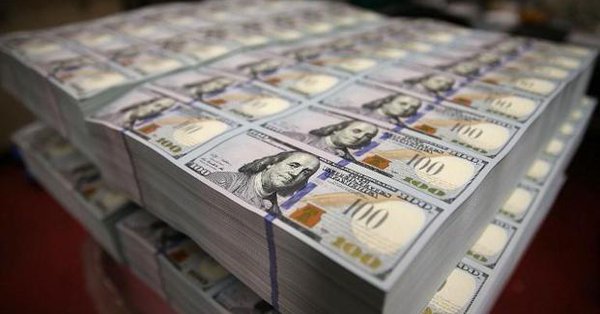All "hurt" by ex-treasurer Andrade's conspiracy to launder money: Venezuela's VP
"It hurts us personally, of course," Cabello, who also presides over the all-powerful constituent assembly, said in his weekly television program, accusing Andrade of "betraying" Chavez.

- Country:
- United States
- Venezuela Rb
Venezuela's socialist party Vice President Diosdado Cabello said on Wednesday all "Chavistas" were "hurt" by revelations that a former national treasurer took more than $1 billion in bribes, but sought to distance the ruling movement from any corruption.
Cabello is the most senior person in President Nicolas Maduro's government to comment on Alejandro Andrade's admission to U.S. prosecutors in documents unsealed last week that he conspired to launder money while running the treasury for four years under late President Hugo Chavez.
A Florida judge on Tuesday sentenced Andrade to 10 years, the maximum prison term he faced. He admitted receiving properties, Mercedez Benz vehicles and "champion horses" as part of illicit foreign currency schemes that involved a local television mogul now indicted in U.S. courts.
"It hurts us personally, of course," Cabello, who also presides over the all-powerful constituent assembly, said in his weekly television program, accusing Andrade of "betraying" Chavez. "But I repeat: to be a Chavista, one must fight against corruption, not be corrupt."
Maduro, Chavez's hand-picked successor, proudly refers to himself as a "son" of Chavez and has maintained his left-wing economic policies.
Andrade, who lives in Florida, must surrender to U.S. prison by Feb. 25, the court ruled. Venezuela's chief prosecutor Tarek Saab last week requested his extradition from the United States.
U.S. federal prosecutors are seeking to crack down on the use of the U.S. financial system to launder proceeds from rampant corruption in the crisis-stricken South American country that is suffering from hyperinflation and a fifth year of economic contraction.
Since 2003, the exchange control system has sold heavily subsidized dollars through state currency agencies or government auctions. But dollars on the black market have fetched at least double and sometimes 10 times more, allowing the well-connected to buy cut-rate dollars and resell them at a huge profit.
(With inputs from agencies.)
- READ MORE ON:
- Financial Management
- Financial statement
- Financial system
- Year
- 7 Years
- A Thousand Years
- rampant corruption
- Maduro's government
- Florida judge
- subsidized dollars
- national treasurer
- President Diosdado Cabello
- cut-rate dollars
- late President Hugo Chavez
- economic policies
- World News
- Reuters News










